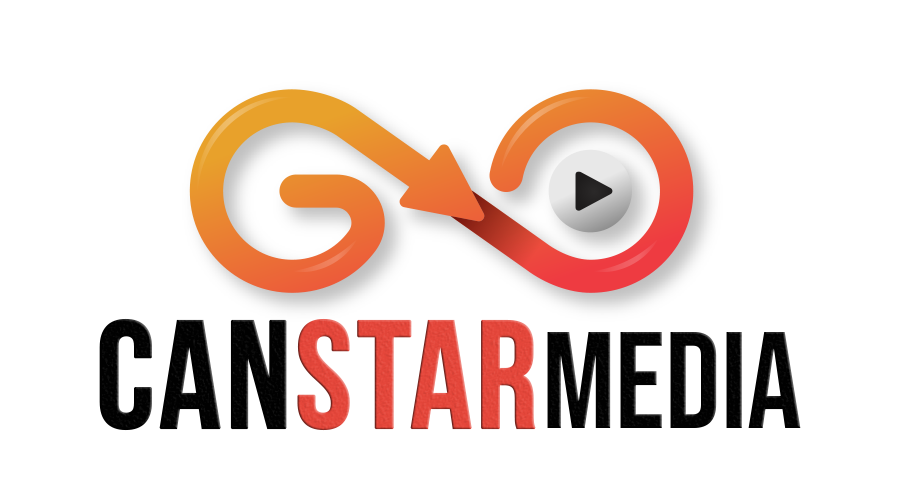Understanding your paycheck stub is crucial for managing your finances and ensuring you’re accurately paid for your work. Paycheck stubs, also known as pay stubs, provide detailed information about your earnings, taxes, and other deductions. This guide will break down each component of your paycheck stub to help you understand where your money is going.
Basic Information
At the top of your paycheck stub, you’ll typically find basic information such as:
- Employee Information: Your name, address, and employee identification number.
- Employer Information: The name and address of your employer.
- Pay Period: The specific dates for which you are being paid.
- Pay Date: The date on which you will receive your payment.
Earnings
This section lists your gross earnings, which is the total amount you earned before any deductions. Gross earnings can include:
- Regular Pay: Your standard hourly or salary wages.
- Overtime Pay: Additional pay for hours worked beyond the standard workweek, typically calculated at a higher rate.
- Bonuses and Commissions: Extra earnings based on performance, sales, or company profits.
- Other Pay: This can include holiday pay, sick pay, or any other special pay.
Taxes
Taxes are mandatory deductions from your paycheck, and they typically include:
- Federal Income Tax: This tax is withheld by the federal government based on your earnings and the information you provided on your W-4 form. The amount can vary depending on your filing status and number of allowances.
- State Income Tax: Not all states impose an income tax, but if yours does, this deduction will appear on your stub.
- Local Income Tax: Some cities or counties may also impose an income tax.
- FICA (Federal Insurance Contributions Act) Taxes: This includes Social Security and Medicare taxes. Social Security tax is 6.2% of your earnings up to a certain limit, while Medicare tax is 1.45% of all your earnings. There may be an additional Medicare tax if your income exceeds a certain threshold.
Other Deductions
In addition to taxes, your paycheck stub will list other deductions such as:
- Health Insurance: Premiums for medical, dental, and vision insurance.
- Retirement Contributions: Contributions to retirement plans such as a 401(k) or IRA. These can be either pre-tax or post-tax.
- Flexible Spending Account (FSA) or Health Savings Account (HSA) Contributions: Pre-tax contributions to accounts that can be used for medical expenses.
- Union Dues: If you are a member of a union, these dues will be deducted from your paycheck.
- Garnishments: Court-ordered deductions such as child support or alimony.
Net Pay
Net pay, also known as take-home pay, is the amount you receive after all deductions have been subtracted from your gross earnings. This is the amount deposited into your bank account or given in your paycheck.
Year-to-Date (YTD) Totals
Your paycheck stub also includes year-to-date (YTD) totals, which show the cumulative amounts for earnings, taxes, and deductions from the beginning of the year up to the current pay period. This information is useful for tracking your total earnings and deductions over the year and can help with financial planning and tax preparation.
Benefits
Some paycheck stubs will also include information about your benefits. This can include:
- Paid Time Off (PTO): The amount of vacation or sick time you have accrued and used.
- Insurance Coverage: Details about your health, dental, and vision insurance plans.
- Retirement Plan Contributions: Information about your retirement plan, including employer matching contributions if applicable.
Understanding the Codes and Abbreviations
Paycheck stubs often use various codes and abbreviations to represent different types of earnings and deductions. Here are some common ones:
- REG: Regular pay
- OT: Overtime pay
- FED: Federal income tax
- ST: State income tax
- SS: Social Security tax
- MED: Medicare tax
- 401K: 401(k) retirement plan contribution
- FSA: Flexible Spending Account
- HSA: Health Savings Account
Reviewing Your Paycheck Stub
It’s important to regularly review your paycheck stub to ensure accuracy. Here are some tips:
- Check Your Personal Information: Make sure your name, address, and employee ID are correct.
- Verify Your Earnings: Ensure that your regular, overtime, and other pay are accurately recorded.
- Review Deductions: Confirm that all deductions are correct and that there are no unexpected deductions.
- Compare YTD Totals: Check your year-to-date totals for consistency with your previous pay stubs.
- Understand Benefits: Review any benefits information to ensure you are receiving the correct coverage and contributions.
What to Do if You Find an Error?
If you discover an error on your paycheck stub, it’s important to address it promptly. Follow these steps:
- Contact Your HR Department: Inform your human resources department or payroll administrator about the error. Provide them with specific details and any documentation that supports your claim.
- Follow Up: Make sure the error is corrected in the next pay period and that any necessary adjustments are made.
- Keep Records: Maintain copies of your paycheck stubs and any correspondence regarding errors for your records.
Conclusion
Understanding your paycheck stubs is essential for managing your finances effectively. By knowing what each section represents, you can ensure that you are accurately compensated for your work and that all deductions are correct. Regularly reviewing your paycheck stub can also help you spot errors early and avoid potential financial issues. Take the time to familiarize yourself with your pay stub, and don’t hesitate to ask your employer or HR department for clarification if needed.



